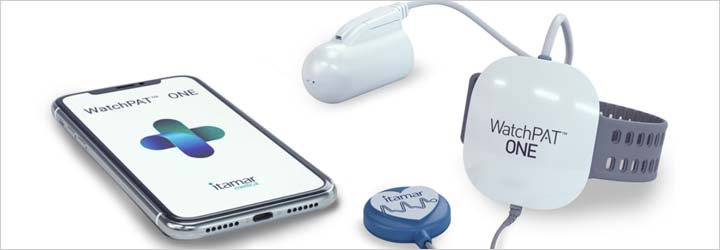Dietary Supplements to Aid Sleep
Sleep disorders not only rob us of a restful night, but they also have side-effects that go far beyond our simply feeling tired in the morning. Sleep apnea and insomnia are two of the most common sleep disorders and both pose long-term, serious health risks if left untreated.
If you have trouble falling asleep or staying asleep, if you disturb the sleep of others, or if you often find yourself needing a “cat nap” during the day, these issues should be discussed with your doctor. In particular, if you know you snore, and you often feel exhausted, you could have sleep apnea. According to the American Medical Association, sleep apnea affects more than 30,000,000 adults in the United States…. and 80% of them don’t know it!
The Epworth Sleepiness Scale is a simple questionnaire that can be taken in under 5 minutes, offering a simple and quick way to assess your level of daytime sleepiness. A score of 10 or higher indicates that you need to improve your sleep hygiene and/or see a sleep specialist for further evaluation. TAKE THE QUIZ –>>
Questions? Give Us a Call!
Sleep Aids for Sleep Disorders
Sleep aids can help individuals who have difficulty falling asleep (as is the case with insomnia), but it’s not uncommon to experience brain fog (forgetfulness, trouble concentrating, and in some cases, confusion) along with drowsiness when these are taken. Over the counter and prescription medications, nutritional supplements, and Chinese herbs can all have side effects or cause drug interactions. When shopping for supplements, it’s also very important to note that the FDA does not regulate the supplement industry with the result that some products may have labeling inaccuracies. For these reasons, be sure to talk to your doctor before taking any type of sleep aid.
The following supplements help to regulate sleep, naturally:
- Melatonin is a hormone produced by the pineal gland and it plays a role in regulating the sleep-wake cycle. Melatonin supplements are commonly used to help people recover from jet lag by reorganizing the sleep cycle, but it has also shown to help shift workers who have difficulty falling asleep. (Make sure to read this article about melatonin supplements before you make your purchase.)
- Cortisol Manager is a stress hormone stabilizer that promotes relaxation and helps relieve fatigue. It’s safe to use every night.
- Magnesium Glycinate helps to calm the body’s nervous system and relax the muscles which are critical for a good night’s sleep. Most people do not get enough magnesium from dietary sources alone. If your magnesium level is low, you may experience problems with nerve conduction, muscle contractions, muscle cramps, and insomnia.
- Magnesium Taurate provides the same calming benefits as Magnesium Glycinate while providing greater bioavailability.
- Somno-Pro helps balance the internal sleep-wake system, supports healthy nervous system function, and promotes a restful, relaxed state relieving occasional sleeplessness. Wake up feeling refreshed and energized without the groggy or hangover feeling from prescription or over the counter medications.
- Pro Som helps with restful nights sleep by promoting relaxation. It is a melatonin-free formula that includes L-theanine, magnesium, magnolia bark and Theracurmin®.
Sleep disorders can seriously disrupt your life and the lives of those around you but there are many ways to improve the quality and quantity of sleep, naturally.
Goodnight!





